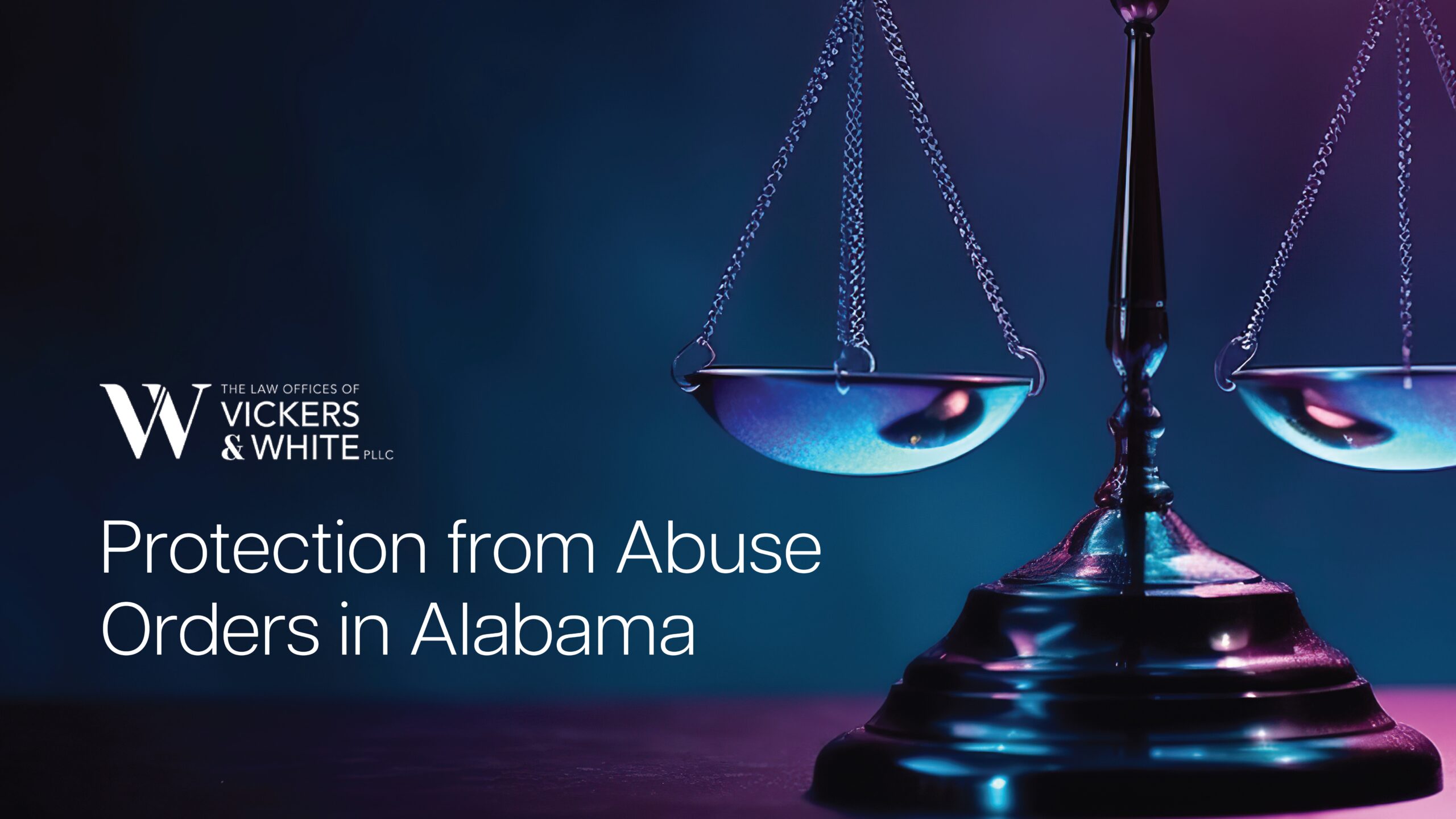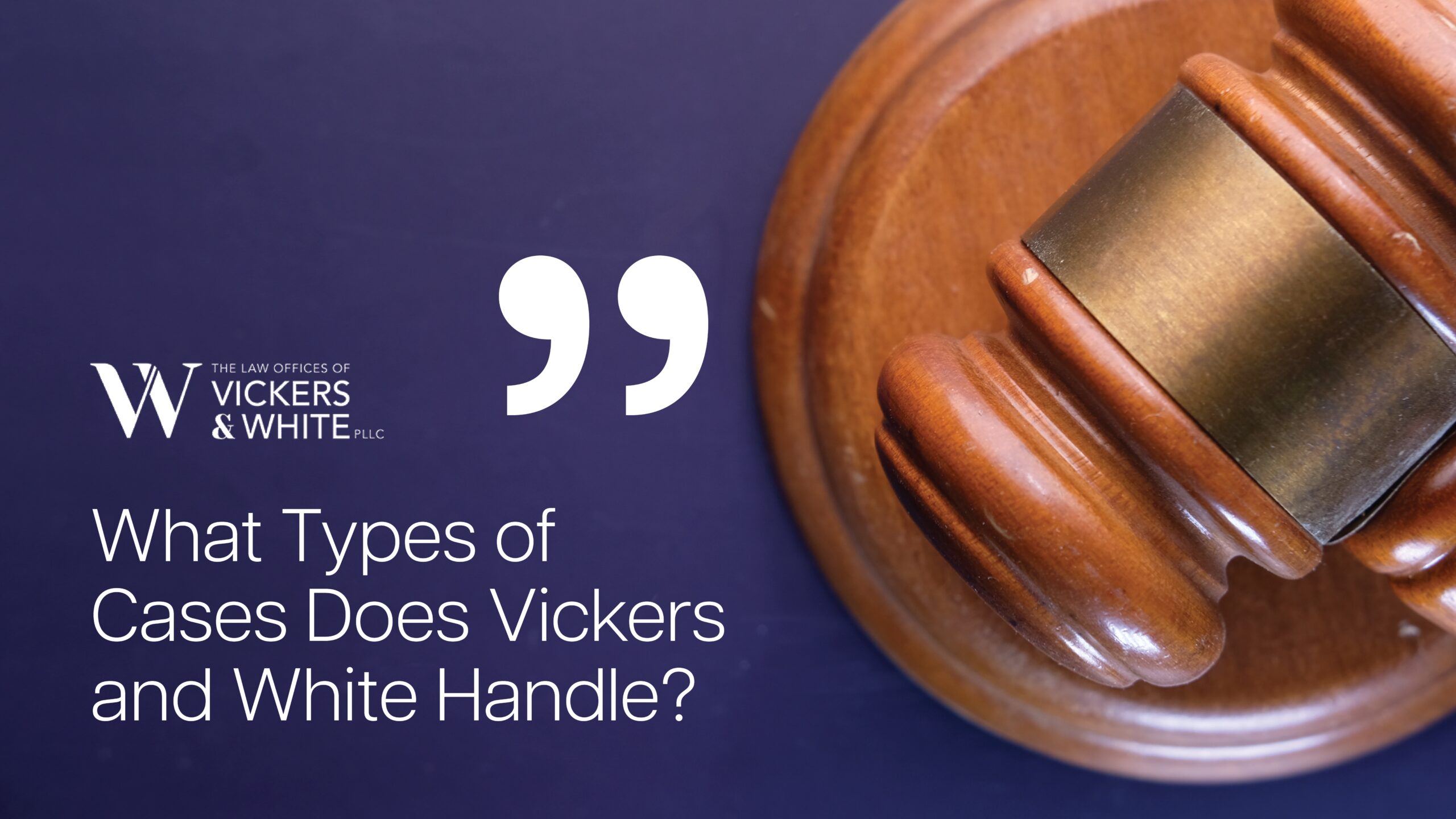Family law proceedings, such as divorces and child custody cases, sometimes involve acts of domestic violence committed by one of the parties. Alabama’s Protection from Abuse Act (Alabama Code § 30-5-1 et seq.) allows a victim of domestic abuse or someone who fears that he or she will become a victim of domestic violence in the future to file a petition with the court requesting protection from the abuser. If the court grants the petition, it will enter a Protection from Abuse Order (PFA). A PFA is granted ex parte, meaning that the alleged abuser will not be notified of the PFA until after the court has granted the petition. This is important given the possibility that an abuser could be infuriated that the victim has filed their petition with the court and put the well-being of the victim in jeopardy.
Who can file a petition for a PFA?
In order to qualify for a PFA, the victim must have one of a list of qualifying relationships with the abuser. These relationships include:
- Victim is the defendant’s spouse or former spouse
- Victim and defendant share a child
- Victim and defendant had a dating relationship
- Victim lived with the defendant and (1) had an affectionate or sexual relationship with the defendant or (2) was related to another person living in the home who had such a relationship
- Victim is the parent, child, stepparent, or stepchild of the defendant and lives with the defendant.
What is “domestic abuse”?
The Protection from Abuse Act defines domestic violence on the basis of the underlying crime committed against the victim. Alabama Code § 30-5-2(1) lists the following crimes that may constitute domestic violence for the purposes of a PFA:
- Arson
- Assault
- Attempt
- Child Abuse
- Criminal Coercion
- Criminal Trespass
- Harassment
- Kidnapping
- Menacing
- Reckless Endangerment
- Sexual Abuse
- Stalking
- Theft
- Unlawful Imprisonment.
What relief is available with a PFA?
The relief granted in a PFA will depend on the allegations that were made in the victim’s petition. If the victim’s petition is granted, the court can order the following relief:
Order the defendant to refrain from committing any additional acts of abuse or acting in a way that would cause the victim to be afraid of abuse in the future
- Order the defendant to cease contacting the victim altogether
- Order the defendant to stay 300 or more feet away from the victim’s home, place of employment, or school
- If the parties share a child, award temporary custody of that child to the victim and order the defendant to pay child support and/or refrain from contacting the child until a hearing can be held
- Award the victim sole temporary possession of a shared residence, an automobile, or personal effects
- Prohibit the defendant from transferring, concealing, encumbering, or otherwise disposing of property that is mutually owned by the victim and the defendant
- Order the defendant to surrender all firearms.
Once the defendant has been served with the PFA and the court has held a hearing, the court can make the temporary relief permanent or specify a time for it to remain in effect.
How do I file a petition for a PFA?
The required petition form can be downloaded from the E-forms page on the Alabama Administrative Office of Courts website or obtained in person at the Family Court Clerk’s office. While it is possible for a victim to fill out the requisite paperwork by themselves, we would recommend obtaining experienced legal counsel to ensure your petition is filled out properly and increase the probability that the court will grant your petition. At the Law Offices of Vickers & White, our family law attorney is happy to discuss whether you are a candidate for a PFA and what relief should be requested based on your particular circumstances.



